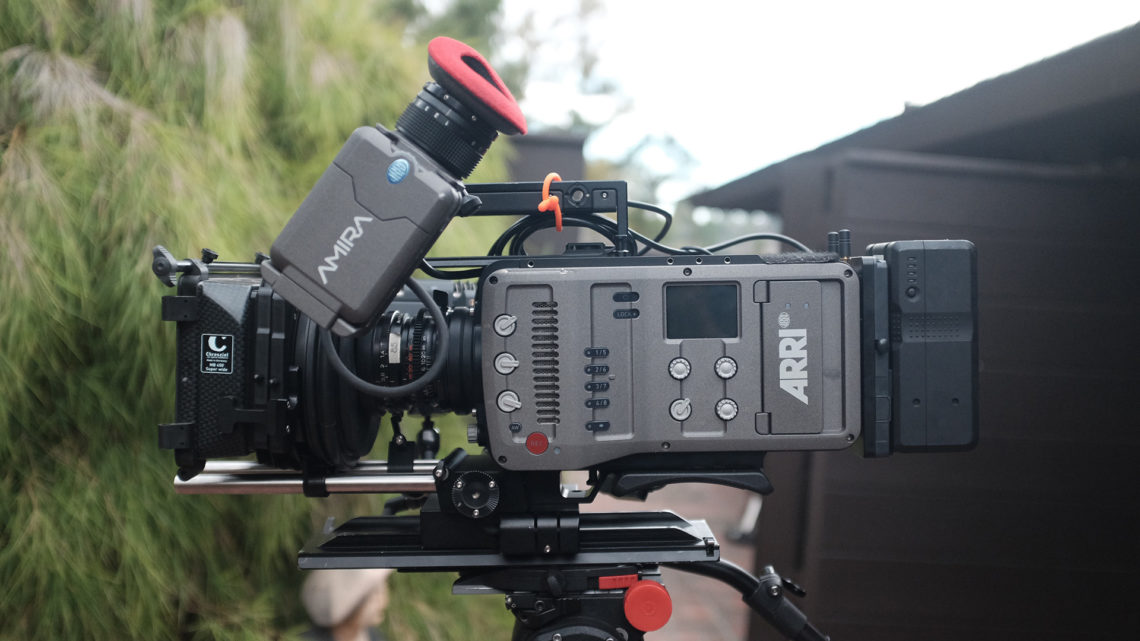Every week I write about all the productive things filmmakers could be doing to push their careers ahead:
Making films. Studying the craft. Building an audience. Creating a network. And so on…
But it’s just as critical to your success (perhaps even more-so) to know which habits or actions to avoid.
Every struggling filmmaker I’ve known has dealt with at least one of the issues I’ve outlined below. In many cases, it’s a combination of all 5.
These bad habits tend to lead to creative blocks, and stifle filmmakers from actually creating work of their own. Keep an eye out for each of these in your own life as a creative –
Using Budget As A Metric Of Success
Many new filmmakers have a tendency to conflate budget with creative success. Not because budget is the most important thing to their livelihood, but because it is the easiest thing to measure.
How do you measure how good a film is (creatively speaking)? You can’t. At least not in any objective way.
There is no barometer for the quality of a story or a camera angle or a music cue. But on the other hand we can very easily measure budget.
“So and so raised $1MM for their movie – they must know something that I don’t. They must have more talent. And they definitely are going to see more success in the future as a result.”
Filmmakers with this attitude become obsessed with money, believing it will somehow legitimize them as a filmmaker.
Only later do they begin to realize the only thing that would legitimize them is great work. And that the path to create great work is to focus on honing your craft, not just finding an investor with deep pockets.
There are plenty of bad movies with a lot of money behind them. And plenty of brilliant films made for next to nothing. It’s always about talent first – money is just the icing on the cake.
Obsessing Over External Resistance
I can’t count the number of times a filmmaker has told me they aren’t motivated to make a film right now because of some external factor that has nothing to do with them.
“Why would I make a film right now when…”
- The market is so flooded, no one will ever see it
- The genre I want to work in isn’t in style
- AI is going to take over storytelling
- The world is a mess
- Etc. etc. etc.
All of this is just a form of procrastination. It will never be a good time to make a movie. There will always be some reason not to, and some reason to see it as trivial given the state of the industry or the world.
Artists need to create despite their circumstances, though. And if you are an artist, you will always find a way to express your creativity.
Relying On Others For Critical Skills
I was told my whole life that being a jack of all trades will get you nowhere. It never made sense to me though, and I very much embraced being multi-faceted.
If there has been one factor that’s led to any success I’ve found so far, it’s that choice.
As I’ve learned over the years, the more you can rely on your own skills, talents, and abilities, the less you need to rely on other people’s money or time to do things for you.
Of course many of us would love to have a $100MM budget and be able to hire whoever we want to help get it done.
But early on, projects you initiate need to be bootstrapped. And the more you can fill the gaps with your own skills, the more likely it is you will create work on a consistent basis – which is exactly what leads you to those bigger budget projects.
There’s no reason why every filmmaker shouldn’t know how to work a camera, frame a beautiful shot, record clean sound, or cut a powerful narrative sequence.
If it’s just about delegating work, it’s better to be a producer.
Consistent Risk Aversion
I believe there are many skills that a filmmaker can lack and still find success. But the ability to take risk is not one of them.
There is a massively strong correlation between risk taking (AKA betting on your own projects) and career trajectory.
This isn’t surprising, as filmmakers who are naturally uncomfortable with failure are less likely to even get started until the “time is just right.”
And if they do eventually make a film, they are unlikely to take creative risks that could differentiate their movie and make it unique enough to stand out.
Filmmakers spend years of their lives looking for ways to mitigate risk. To find the money to make them feel safe. To find the perfect time when it all just lines up.
99% of the time though, these aspiring filmmakers just don’t end up making movies.
It’s always (and only) those who are willing to embrace imperfect conditions that are able to produce great work.
Criticizing Filmmaking Peers
The best filmmakers I know personally (and the most prolific) rarely have a bad word to say about other filmmakers.
Unfortunately the opposite is true too. Most struggling filmmakers spend far too much time degrading the work of their peers.
Criticizing other filmmakers – especially those on your level, is almost always wasted effort that could be spent on making your own movie.
More importantly though, it creates a negative headspace that can lead to major creative blocks.
Speaking ill of other people’s work puts you into the mindset of a critic, not an artist. And it’s impossible to create meaningful work when you are thinking that way – constantly aware of how your work will be judged and (potentially) rejected.
It’s perfectly okay to not like a film or even a filmmaker.
But obsessing over why they are bad instead of how to make yourself better is always a fool’s errand. It only distances you further from your best work and your greatest potential.
I truly believe that every filmmaker has a masterpiece in them. But few hang in there long enough to realize their best work.
We all slip into these bad habits from time to time, and no one is perfect. But if we remain aware of their destructive nature and keep them at bay, the odds of success increase dramatically.
For exclusive filmmaking articles every Sunday, sign up for my newsletter here!



1 Comment
Henry Larry
atRelying on budget as a measure of creative success limits the diverse storytelling potential within filmmaking. Emphasizing artistic integrity over financial resources can lead to more authentic and impactful cinematic experiences.
Best Moving Company in Dallas TX